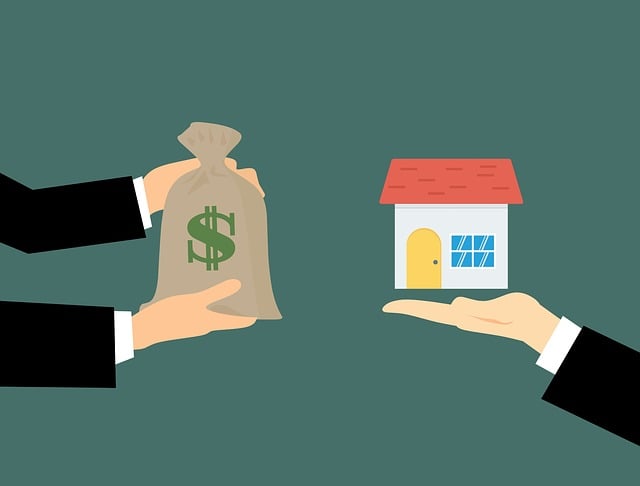Car title loan utility bill verification is a crucial step in assessing borrowers' creditworthiness, especially for those with bad credit. By cross-referencing utility bills with official records, lenders can confirm income, employment, and repayment ability, mitigating default risks associated with traditional credit checks. This method streamlines eligibility, fostering transparency and financial security for both parties. While it benefits borrowers by ensuring legitimate income sources for collateralized loans, it may challenge those with inconsistent financial histories, potentially prolonging loan approvals. Long-term gains include simplified processes and reduced defaults, providing reliable financial solutions through direct deposit mechanisms.
Car title loan utility bill verification is a critical process ensuring borrowers’ financial stability and lenders’ security. This article delves into the essential role of utility bill validation in car title loans, explaining how it safeguards both parties involved. By examining the basics of verification, its impact on borrowers and lenders, and the benefits and challenges it presents, we uncover why these standards are paramount in the lending landscape. Understand the importance of this step to navigate car title loan transactions with confidence.
- Understanding Car Title Loan Utility Bill Verification: The Basics
- The Role of Verification in Securing and Protecting Loans
- Impact on Borrowers and Lenders: Benefits and Challenges
Understanding Car Title Loan Utility Bill Verification: The Basics

Car title loan utility bill verification is a crucial process that ensures borrowers have legitimate and stable income sources to repay their loans. This involves cross-referencing the borrower’s provided information, such as employment details and utility bills, with official records. The primary goal is to safeguard lenders from extending credit to individuals who may not be able to fulfill their financial obligations.
In the context of bad credit loans or title pawn services, where traditional credit checks might not be feasible due to poor credit scores, utility bill verification becomes even more critical. It provides a viable alternative for lenders to assess borrowers’ repayment capabilities, making it an essential component in the lending process. This verification method helps maintain a balance between providing financial access to those with less-than-perfect credit and ensuring the lender’s interest by mitigating default risks.
The Role of Verification in Securing and Protecting Loans

Car title loan utility bill verification plays a pivotal role in securing and protecting loans for both lenders and borrowers. This process involves cross-referencing and validating the authenticity of crucial documents, such as utility bills, to ensure the borrower’s financial stability and ability to repay. By verifying these bills, lenders can assess the borrower’s residency, income, and overall creditworthiness, thereby mitigating risks associated with non-repayment.
It enhances the transparency and fairness of the title loan process by ensuring that only eligible borrowers receive funding. This not only safeguards lenders from potential losses but also promotes a sustainable and honest lending environment. Moreover, it simplifies the loan eligibility assessment, as utility bills serve as tangible proof of financial obligations and residency—an important aspect in determining one’s creditworthiness during the title loan process.
Impact on Borrowers and Lenders: Benefits and Challenges

The implementation of car title loan utility bill verification standards significantly influences both borrowers and lenders, presenting a range of benefits and challenges. For borrowers, these standards serve as a financial safety net by ensuring that the collateralized loan is tied to legitimate and verifiable income sources. This process safeguards lenders from potential risks associated with fraudulent applications, thereby enhancing trust and fostering a more secure lending environment.
On the other hand, the verification process can pose challenges for borrowers who lack consistent utility bills due to temporary addresses or financial instability. Moreover, it might increase the time required for loan approval, as gathering and verifying these documents can be a cumbersome task. Nonetheless, the long-term advantages include more straightforward loan approval processes and reduced instances of default, offering a reliable financial solution for borrowers and ensuring lenders’ investments are secure through direct deposit mechanisms.
Car title loan utility bill verification standards play a pivotal role in securing loans and protecting both borrowers and lenders. By ensuring accurate and timely bill validation, these standards foster trust and transparency in the lending process. While they present challenges for borrowers, especially those with irregular income or billing issues, they ultimately enhance the stability of car title loan transactions. Lenders can mitigate risk and make informed decisions, leading to better access to capital for worthy borrowers. Thus, rigorous verification standards are essential for maintaining a fair and efficient car title loan market.






